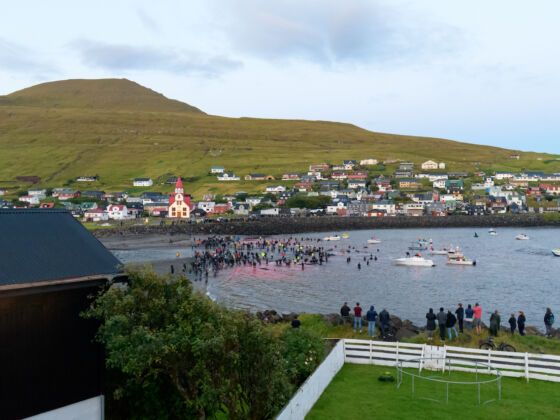Whaling is currently an issue of hot international debate, and the whale hunts in the Faroe Islands are at the center of the controversy. (The Faroe Islands are a small archipelago in the North Atlantic Ocean, northwest of Scotland and halfway between Iceland and Norway).
The Faroese hunt pilot whales in a tradition known as the Grindadrap, (a.k.a the Grind); a non commercial whale hunt which occurs annually to provide a source of local food. However the international attention the nation has received has largely misrepresented the Faroese way of life, and many arguments made by protestors are often both incorrect and misleading.
Whale hunting in the Faroe Islands has received a bad reputation. But here’s what social media is getting wrong:
